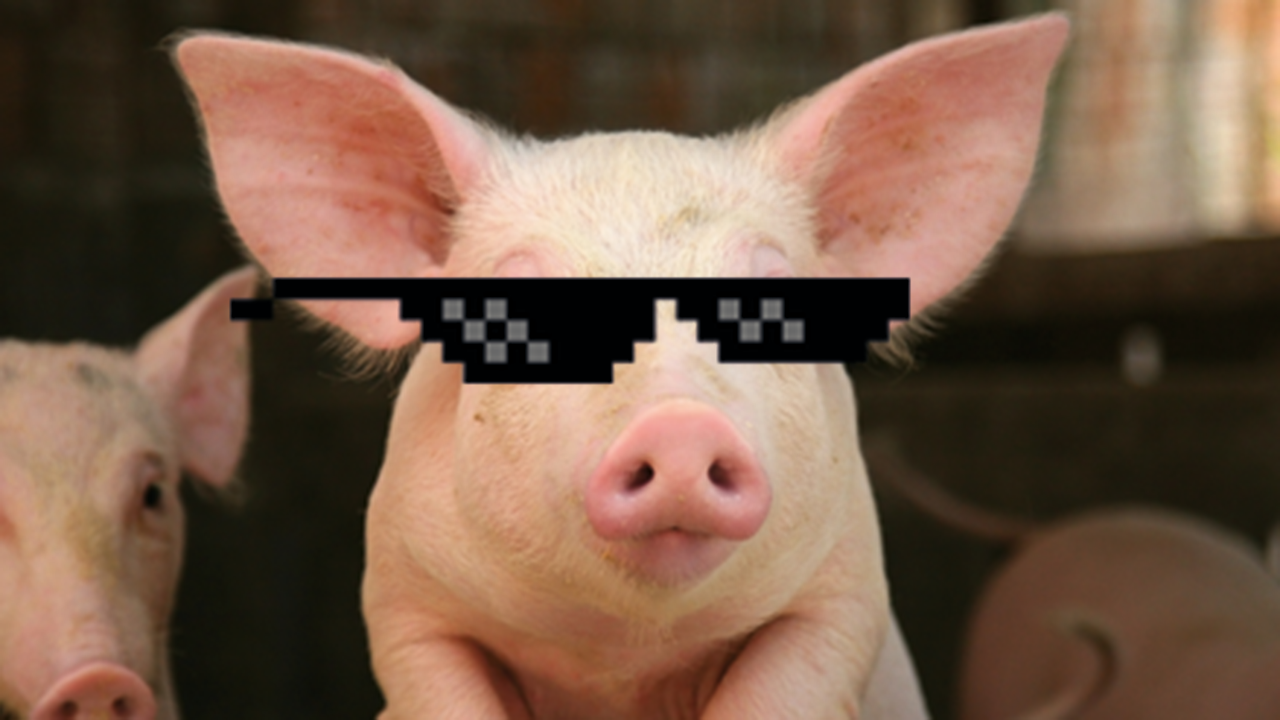
You know that feeling when everyone knows that something bad happened to you - your dog died, you got fired, you’ve been diagnosed with incurable trench foot - and people start treating you really weirdly, like there’s some cosmic teacher who’s gone “now, class, be nice to Billy, and whatever you do, don’t look at his feet?” Sometimes, it feels like that with animals in games. They care far too much about your existence, and while it can be nice that a wild dog trusts you enough to fetch spanners for you ad nauseam, or a horse will let you climb up on its back as if its sole purpose in life was to carry your spare swords, this just doesn’t happen in the real world. Most animals either ignore you or try to bite you.
Even from a young age, we are taught the animals we share this planet with can turn at any moment. I’ve been bitten by a territorial goose, kicked by a small goat, and given the filthy eye by a particularly stroppy horse. But I’ve never been set upon by a pack of grumpy turtles until I played a Mario game. Turtles don’t usually care about my presence. They’re normally too busy waxing their shells or whatever it is turtles do.
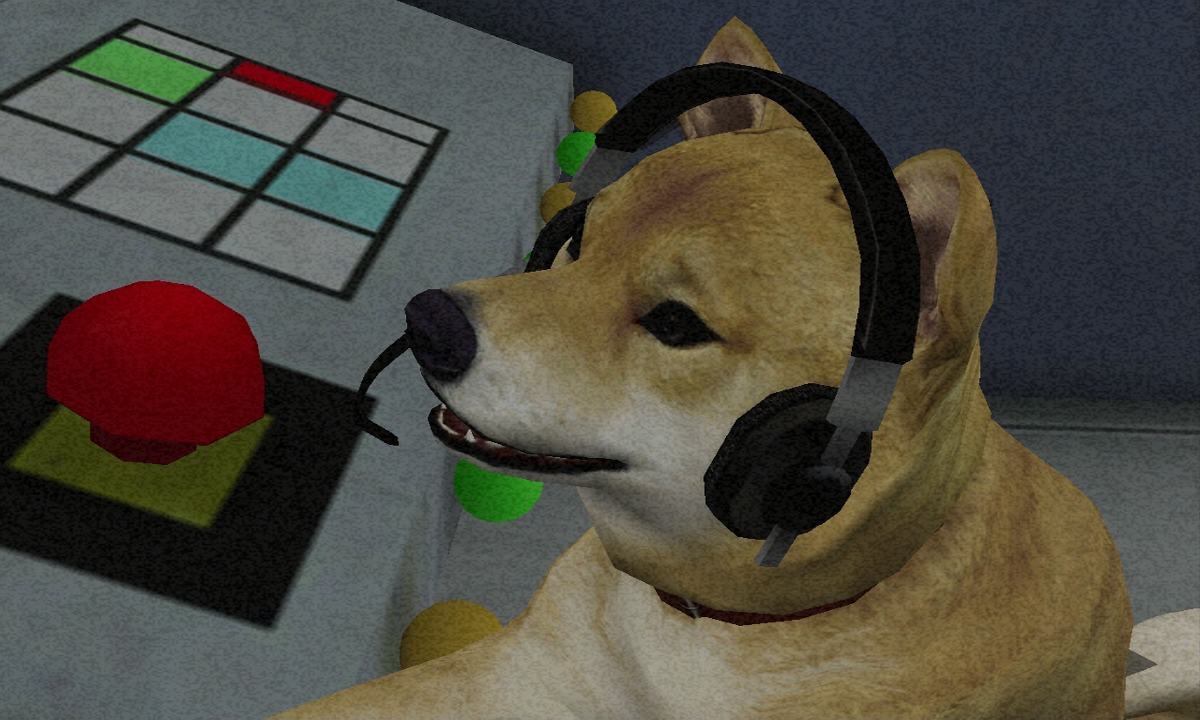
But there’s a point to it - why animals are so interested in you in games when most real-life critters are happy to lick their bits clean in front of you without giving a toss if you exist or not. When game designers first set out your quest in front of you, they decide that getting from A to B is boring.
Real adventure happens when you go from A to B and accidentally boot a wasp’s nest into a cave, which in turn awakens some hibernating wolves, who then alert a nest of poisonous were-beavers with a specific hatred for humans, wasps and wolves. Then a battle ensues, in which you have to duck and dive and dodge for your life, and all you wanted was to get to B so you could deliver your important cargo of were-beaver pelts.
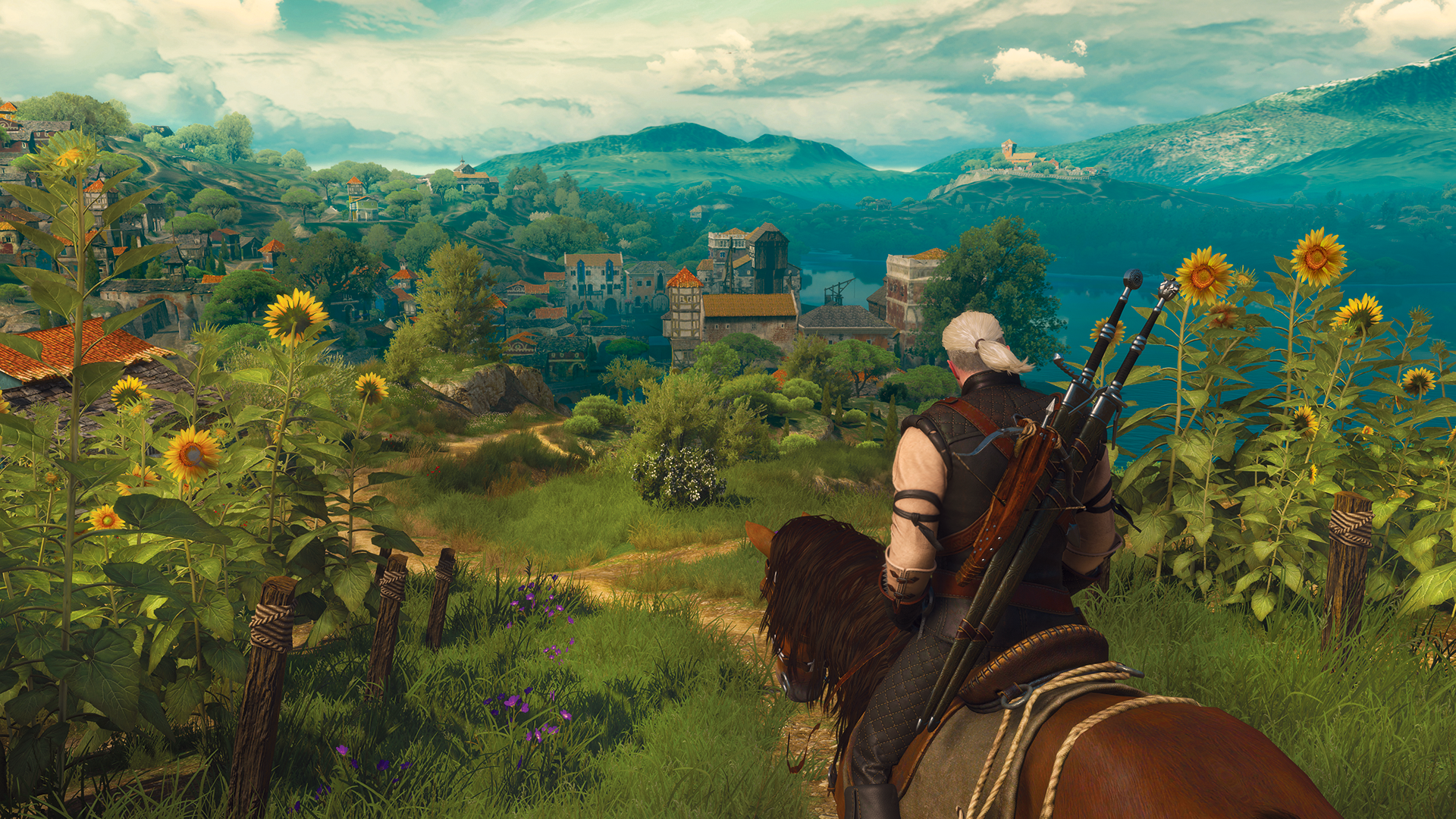
The Witcher 3 and Far Cry 4 are prime examples of this inexplicably hostile animal behaviour. Sure, The Witcher is set in fancy magic medieval times, so it’s not completely out of the question that a world in which one man can see smells and hear time is also a world in which dogs loathe everyone except other dogs. (In fact, there’s also a great, in-game reason why The Witcher 3’s wild dogs are so grumpy.) But Far Cry? Why do all the eagles hate you so much? Will there ever be a DLC story where you discover that the main character committed some kind of nest-related faux pas, thus cementing his infamy as a Very Bad Man in eagle lore? We can only dare to dream.
But then, the horses, and the elephants, and unsurprisingly, every animal you can sit on or put your things on - they all LOVE you in video games. Roach loves you. Epona loves you. Dogmeat loves you. Those horses in Red Dead Redemption love you, even though you’re infinitely more likely to give them a spur in the pancreas than anything to eat, or accidentally run them off a cliff. They’re often left standing in the desert as you go off for hours at a time to play ‘Don’t Stab Your Fingers’ with some miscellaneous dude in a waistcoat.
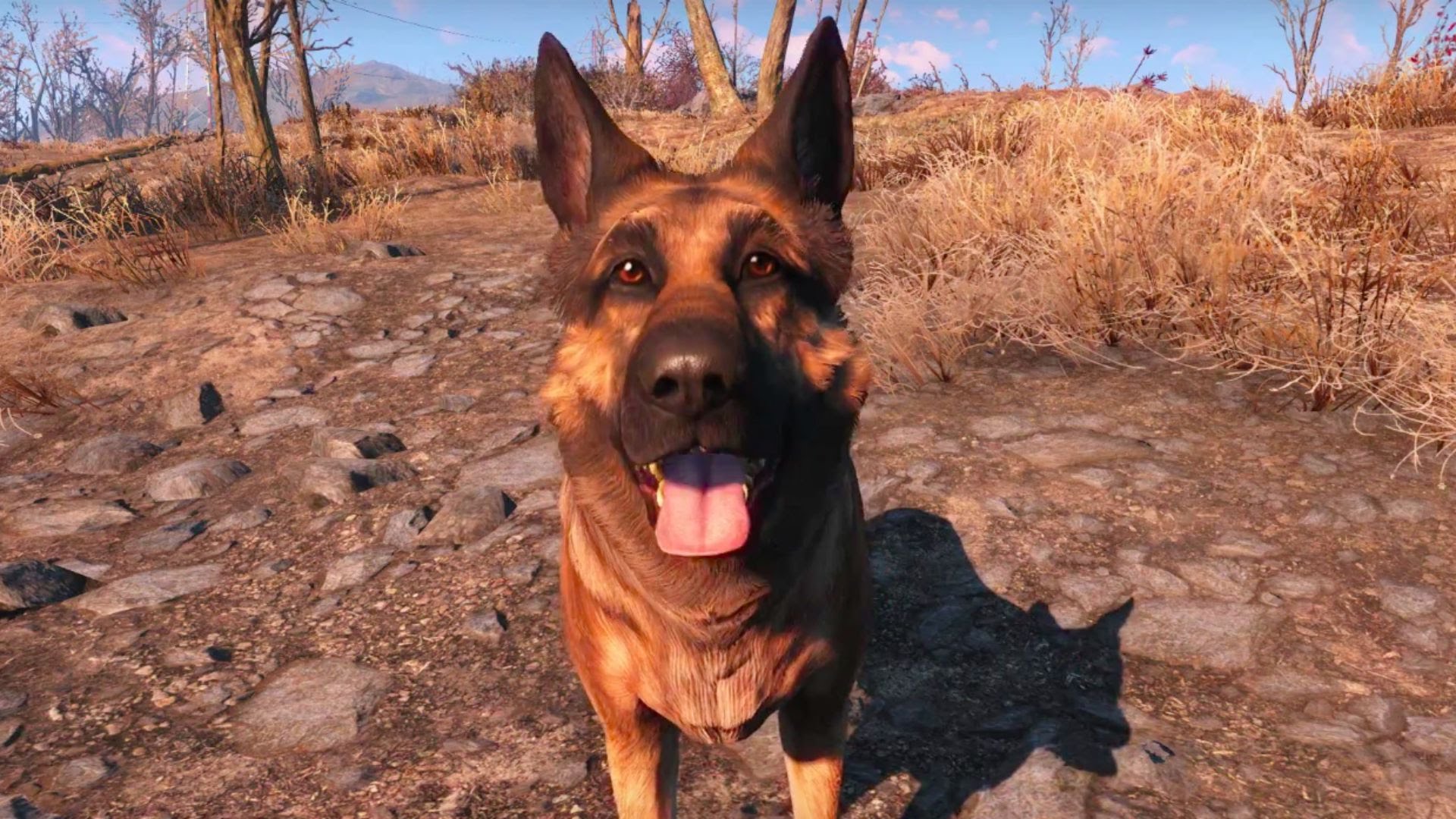
Then there are games like Animal Crossing, that start off with vague animal hostility. The hedgehogs in the boutique are sniffy to you at first, there’s an angry mole that tells you off all the time, and there’s a fox that lives in a tent that wants nothing more than to rip you off with his fake paintings, which is still preferable to the kind of foxes you get in cities. It’s a different kind of hostility to what Geralt has to face, and it usually ends with giving the offending creature several peaches and a sofa, rather than a sword up the bum, but still - these creatures hate you for no reason other than that you haven’t given them any fruit or furniture yet. That’s no way to live. (And I should know - lord knows I’ve tried.)
Sign up to the GamesRadar+ Newsletter
Weekly digests, tales from the communities you love, and more
The point is that there are no real reasons for animals to hate or love you in most games. Horses are basically just old-fashioned cars with more legs, fewer blinky lights and no radio, so they’re never graced with a personality - although lovely Epona proves the exception to the rule when she’s allowed to have a cutscene. Dogs and wolves and bears, well, they’ve got teeth, so they might as well use them on you, and you’ve got a sword or a gun or a chainsaw, so you might as well use that, too. The master hunter challenge in Red Dead Redemption had you killing a bear using a just a knife, making the lives of these majestic-if-digitised beasts feel little more than just a high score. No wonder they’re pissed.
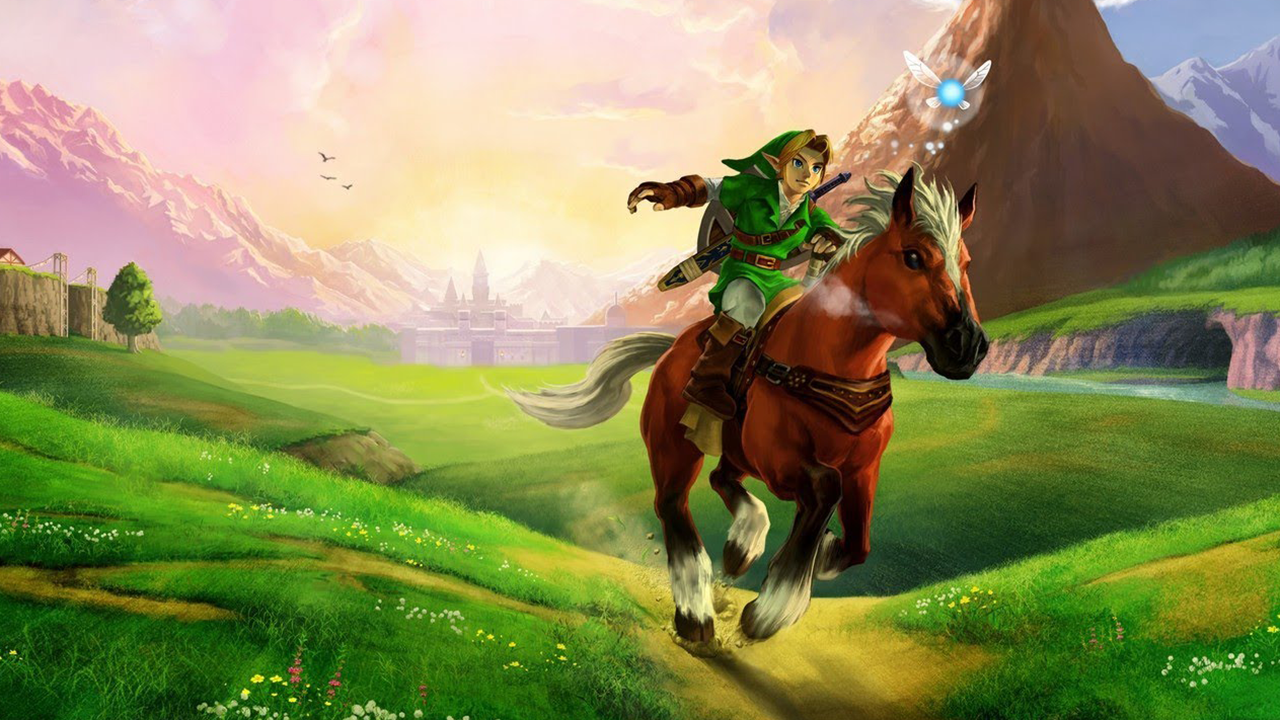
Maybe angry animals and animals that love you for no good reason is just slightly lazy game filler. Or perhaps a world filled with ducks that have a tragic backstory about how their children died in a horrible and preventable crust-related mishap would be intense and confusing and weird. There is a talking mudcrab merchant in Morrowind, but his origins are hardly tragic - he’s actually one of the wealthiest characters in the game. Perhaps knowing how he earned his cash would make me respect him less.
The world would be a much more interesting and exciting place if we were never quite sure how animals felt about us. If you were just going about your daily gaming business and a bee challenged you to a duel, wouldn’t that be fun? If you could tame wild owls by tentatively patting them on the beak and slipping on a collar when they weren’t looking, or befriend a hedgehog by gifting it a potato every day? Yes, these are strangely specific examples. Don’t judge me.
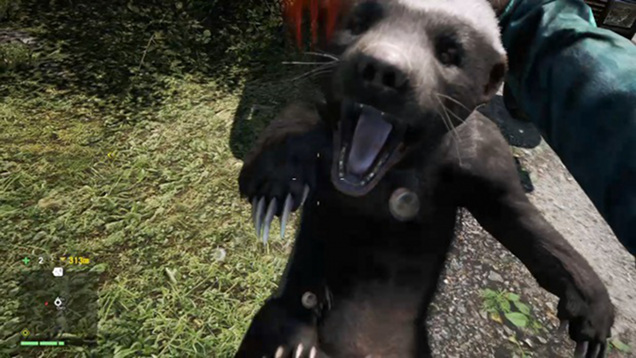
What I’m saying here is that animals are stupid and boring in real life. It might be a little bit silly to have animals at the polar ends of hatred and love and nothing in between, but just like badly-written erotica, things are boring in shades of grey. I wish more animals were unreasonable and angry, like geese and wasps, just so that occasionally you could find some that were willing to carry your shopping and defend you from geese and wasps.
Maybe for once, video games have got something right. It might not be the nature of animals in the wild to give two hoots what they think of us, but in the video game world, we’re the focus of attention. The world revolves around our lone character, and sometimes that means that the creatures of the digital world take notice. It’s the price we pay for being the centre of the universe: just like planets and comets sometimes crash into the sun because they hate it, so too do wolves and bears and lemurs. They don’t hate the game - they hate the player.
Kate Gray is an award-winning writer with over a decade of experience in games journalism. Kate has bylines on a variety of websites which include GamesRadar+, The Guardian, Buzzfeed, Kotaku, Vice, Rock Paper Shotgun, and others. Kate is now writing the good words over at Nintendo Life, and can still be found tweeting about nice things and taking lots of photos of food.



